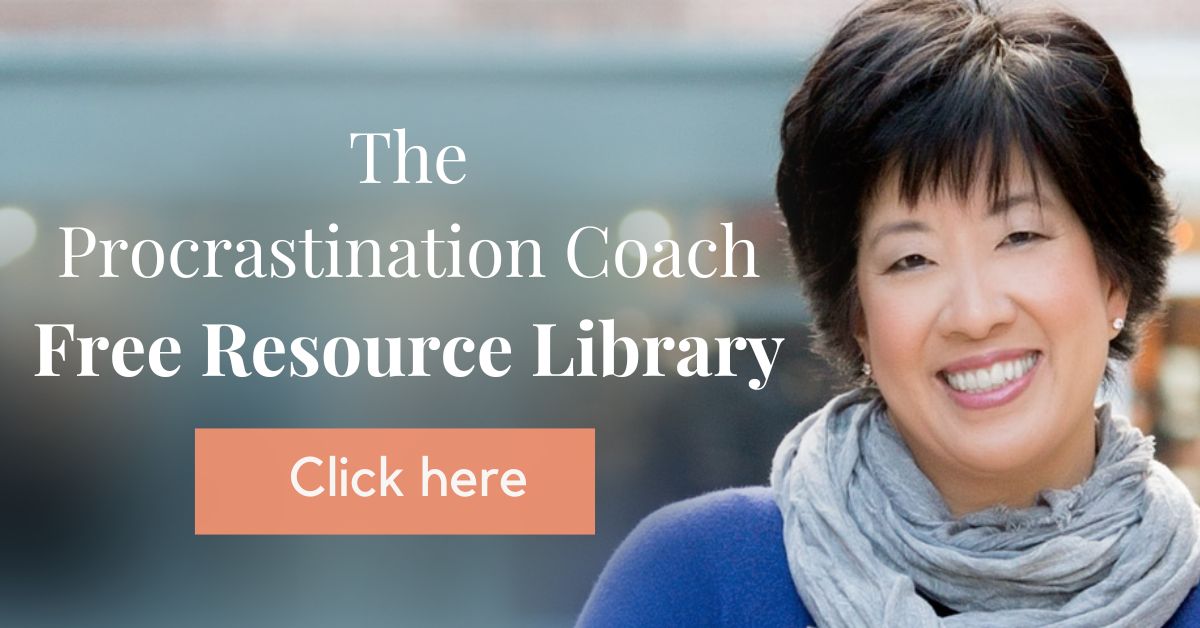Be careful about using these two words — What if? Very careful. I have learned to brace myself when I hear these words because I know I’m about to go on a rollercoaster ride through the fantasy land of rampant worry (my favorite summertime vacation destination).
“What if I can’t make enough small talk?”
“What if my boss thinks my work stinks?”
“What if I’m not dressed appropriately?”
The list of “what if” possibilities is literally endless.
When I am faced with answering a patient’s list of “what if” questions, I calmly say three words: “I don’t know.” I do that because I am confident I cannot see the future; I cannot know ahead of time what will happen to my patients. I’m also pretty darn sure that my patients can’t see the future either. I think we begin to worry about the future when we sense we are about to do something new and possibly beyond our capability. We believe if we worry in just the right way, by imagining all potential outcomes, we will somehow avoid unwanted outcomes. Unfortunately, the idea that we can control what we do not handle is just wishful thinking. When we move away from our fearful thoughts, we actually enable ourselves to act. And here’s the kicker — people who actually address their fears through action feel better than those who just think about them. So…the next time you feel like asking yourself a “what if” question, I suggest you ask, “What if I put my worries to rest?”
What if you tried to avoid asking “what if” questions? How might your outlook begin to change?

